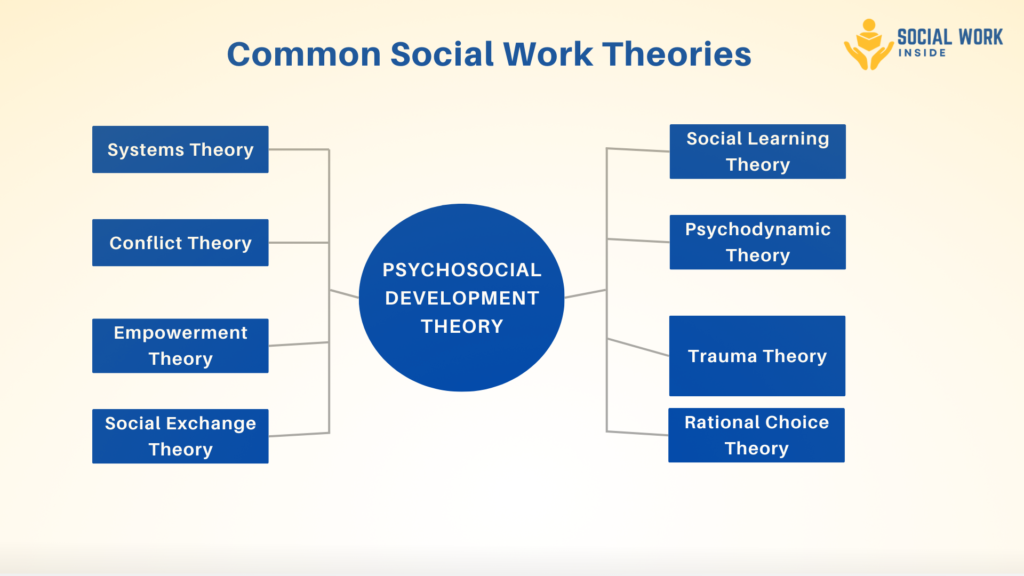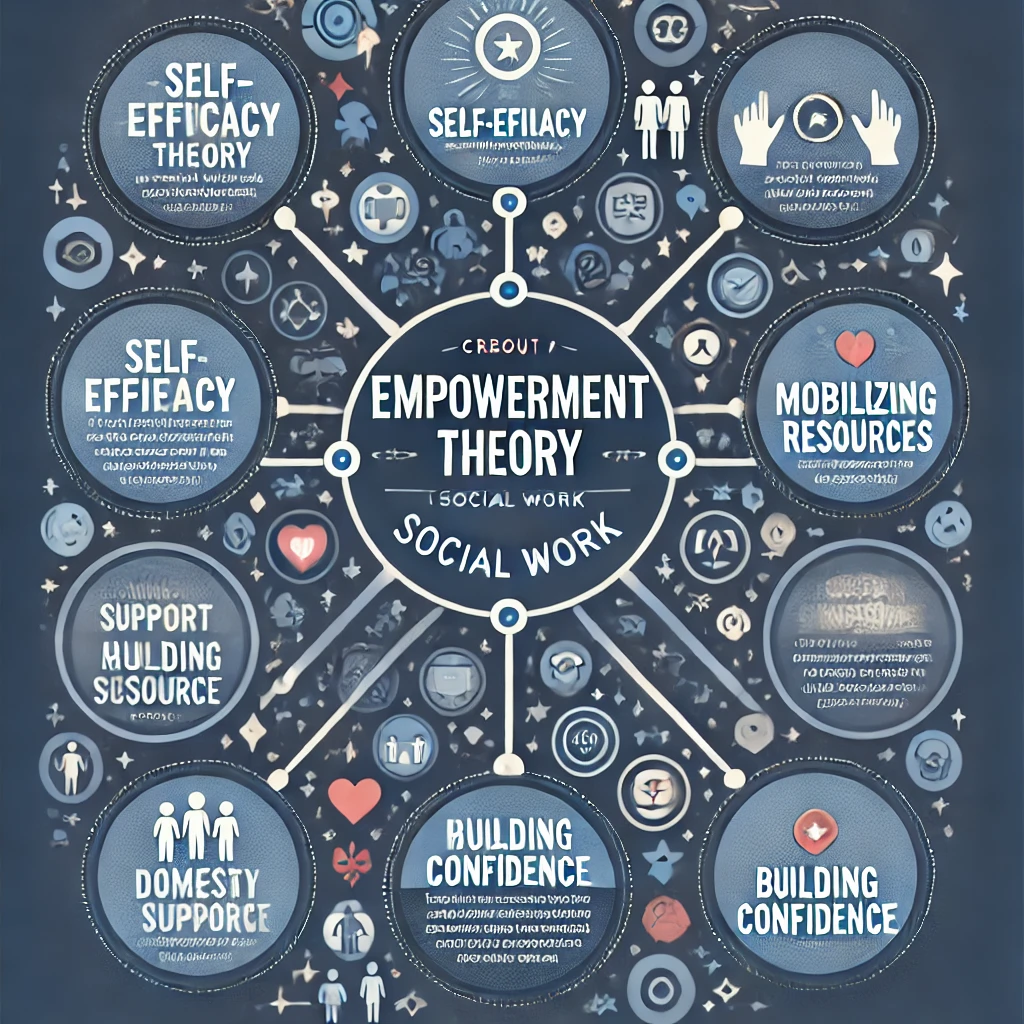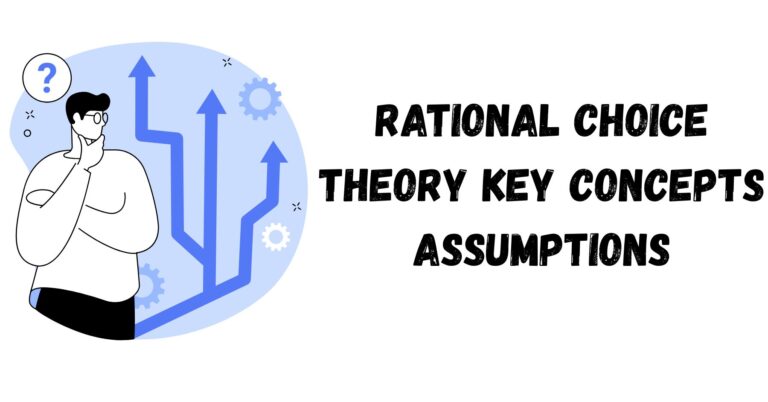Important Theories and Practice Models Used in Social Work

Social work is a dynamic field that relies on evidence-based theories to understand human behavior, address societal challenges, and empower individuals and communities. Social workers operate in diverse settings, supporting individuals from all backgrounds. Regardless of their specific roles, they rely on key theories and practice models to effectively assist clients across micro, mezzo, and macro practice levels.
Why Is Theory Important in Social Work?
Theories are the backbone of social work practice. They help professionals:
Understand complex issues: Theories explain how individual, societal, and environmental factors interact.
Guide interventions: They provide evidence-based strategies tailored to clients’ unique needs.
Promote accountability: Using theories ensures ethical, culturally responsive, and effective practice.
Related: Social Work Core Values and Ethics
List of Important Social Work Theories

Practice Models Used in Social Work
While theories provide the foundation for understanding human behavior, practice models offer structured approaches to applying these theories in real-world settings. Here are some widely used practice models in social work:
Applying Social Work Theory to Practice
Theories are not just academic concepts—they are tools for action. Social workers apply theories to:
- Assess needs: Identify underlying causes of challenges (e.g., trauma, poverty, discrimination).
- Design interventions: Create plans that align with clients’ strengths and goals.
- Advocate for change: Address structural inequities highlighted by theoretical insights.
For example, a social worker might use systems theory to advocate for policy changes that improve housing access for marginalized groups.
Science-Based Social Work Theory Helps Social Workers and Their Clients Succeed
Evidence-based theories ensure interventions are effective, ethical, and culturally responsive. For instance, trauma-informed care—rooted in trauma theory—reduces re-traumatization in shelters by prioritizing safety and choice. By integrating science and empathy, social workers foster resilience and drive systemic change.
Resources For Social Work Theories
Journals
- Journal of Social Work Practice
- Social Work Research
Introductory Books
- Theories for Direct Social Work Practice by Joseph Walsh
- Modern Social Work Theory by Malcolm Payne
Other Online Resources
Coursera’s Social Work Courses
Final Thoughts
Theories and models are not static; they evolve with societal shifts. Staying informed through research and practice ensures social workers remain catalysts for equity and healing. Whether addressing individual struggles or advocating for systemic change, these frameworks empower social workers to make a lasting impact.











6 Comments